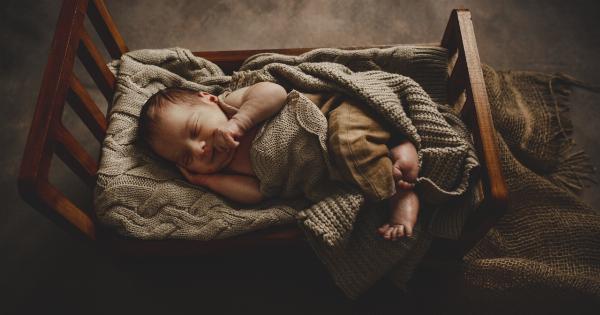Pregnancy is an exciting time filled with anticipation and joy, but it is also a time when women need to be especially careful about their health habits.
Drinking alcohol during pregnancy, even in small amounts, can have harmful effects on the baby’s development. One of the risks that pregnant women face as a result of alcohol consumption is an increased risk of miscarriage.
What is Miscarriage?
Miscarriage, also known as pregnancy loss, is the spontaneous loss of a pregnancy before the 20th week of gestation. It is a common occurrence, affecting up to 25% of all pregnancies.
Miscarriages can happen for a variety of reasons, including genetic abnormalities, hormonal problems, and infections.
Impact of Alcohol on Miscarriage Risk
Many studies have shown that alcohol consumption during pregnancy can increase the risk of miscarriage. Even moderate alcohol consumption has been linked to an increased risk of spontaneous abortion, especially during the first trimester.
The more alcohol a woman drinks during pregnancy, the higher her risk of losing the baby.
How Does Alcohol Cause Miscarriage?
The exact mechanism by which alcohol causes miscarriage is not fully understood, but it is thought to be related to the way alcohol affects the developing fetus.
Alcohol crosses the placenta and enters the fetal bloodstream, where it can disrupt the normal development of the baby’s organs and tissues. This can lead to miscarriage, as the fetus may not be able to properly develop and grow.
Other Risks of Drinking Alcohol during Pregnancy
Drinking alcohol during pregnancy can also increase the risk of other health problems in the baby, including fetal alcohol syndrome (FAS).
FAS is a spectrum of disorders that can include physical and intellectual disabilities, facial abnormalities, and growth problems. The risk of FAS increases with the amount of alcohol consumed during pregnancy.
How to Reduce the Risk of Miscarriage?
There are several ways women can reduce their risk of miscarriage while pregnant. One of the most important things is to avoid drinking alcohol completely. Other steps women can take to reduce their risk include:.
- Eating a healthy diet that includes plenty of fruits, vegetables, and whole grains
- Getting regular exercise
- Managing stress levels
- Avoiding smoking and exposure to secondhand smoke
- Avoiding certain medications that may be harmful during pregnancy
Conclusion
There is no doubt that alcohol consumption during pregnancy can have serious consequences, including an increased risk of miscarriage.
Women who are pregnant or trying to become pregnant should avoid alcohol completely to protect their own health and the health of their babies.






























